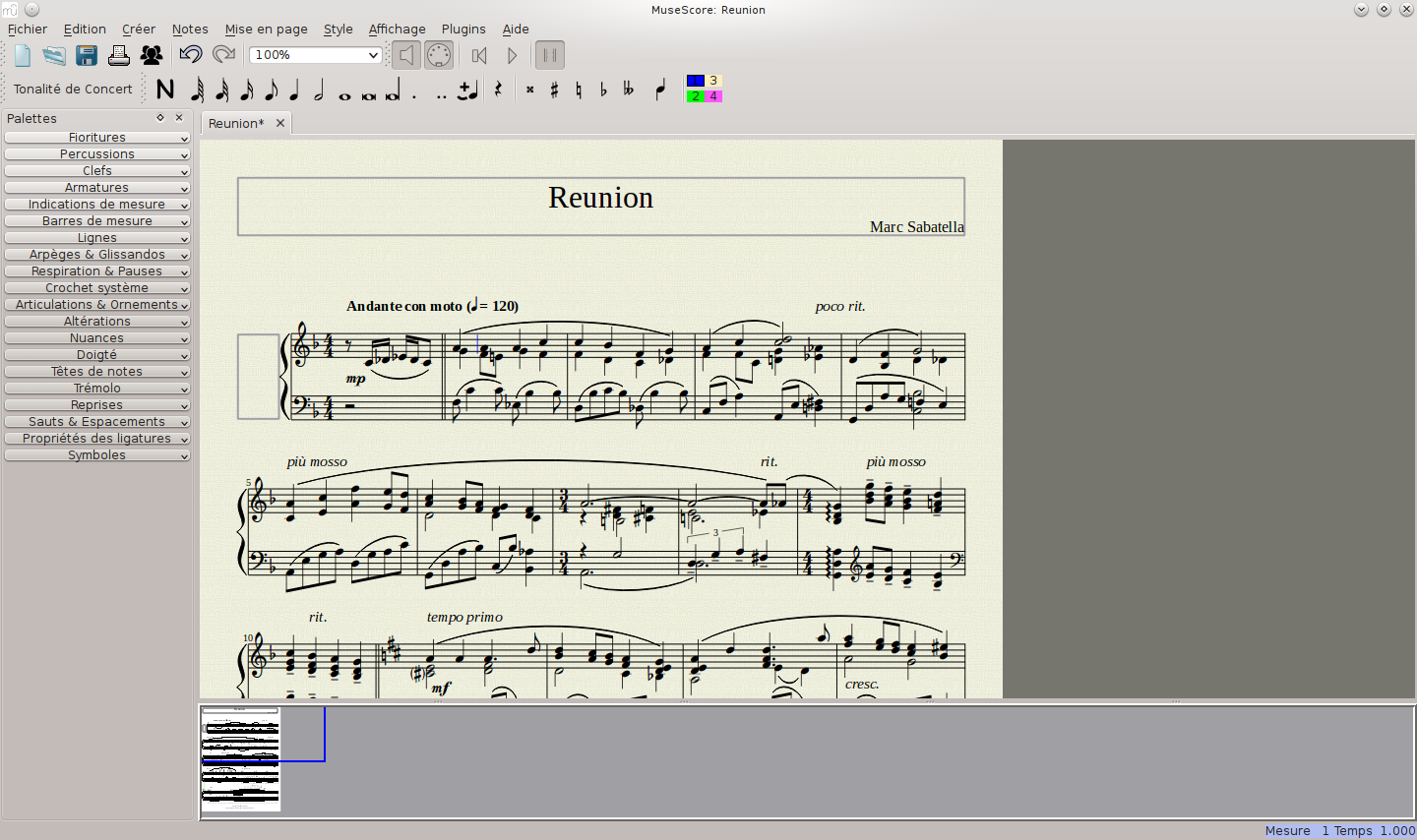The final assignment for one of my college theory courses was to write at least 32 bars of music for 4 voices, containing 3 key and 2 time signature changes, that demonstrated 6 of 10 special techniques that we’d been taught, all while adhering to the standard rules of 4-part harmony. And rather than simply writing it out and turning it in, we had to perform it in front of the class.
We were given the final assignment halfway through the course to ensure that we had plenty of time to complete it. The last week of class was entirely devoted to performing our assignments. Some people played their pieces on piano. Some dragged string or brass quartets into class. My best friend did his as a barbershop quartet.
The performances were good – most of the class were talented musicians – but the compositions were mostly ‘exercise-like’. I hate academic exercises. I did then and I do now. I need work to have purpose and meaning beyond simply ‘that’s the assignment’. So while most students stood up and said something like, “this is my final assignment, it was really hard, I’m not a composer, please be nice to me”, I took a very different approach. I went to the front of the class and said something like this…
Our reluctant hero, a young peasant Boy, is approaching the end of his quest. He and his travel companion, an aging Wizard who has mentored the boy throughout their journey, stand on a bluff overlooking a lush green valley. At the opposite end of the valley is the gleaming city where the Boy’s quest will finally come to an end. The Boy, eager to complete his quest, struggles to contain his excitement, but the Wizard motions for the Boy to come sit by his side. The Wizard sings…





 A man recently approached me during a break in a workshop I was running and said, “You ran innovation at a large global law firm, right?” No matter how it’s worded, this is always a tricky question. My title at the firm was Innovation Architect and I was tasked with finding innovative uses of technology to solve problems within the firm. But I had no direct reports, no budget, and as a ‘
A man recently approached me during a break in a workshop I was running and said, “You ran innovation at a large global law firm, right?” No matter how it’s worded, this is always a tricky question. My title at the firm was Innovation Architect and I was tasked with finding innovative uses of technology to solve problems within the firm. But I had no direct reports, no budget, and as a ‘

